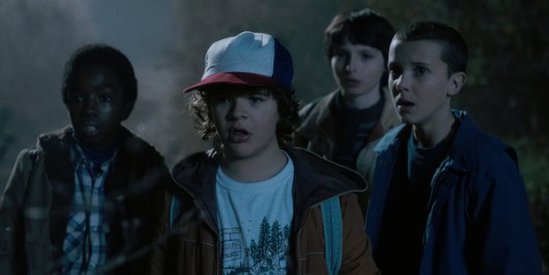
Over the holidays, I binged my way through the Netflix original series Stranger Things, an 80s style paranormal-mystery-horror-scifi-thriller-extravaganza, and was completely and utterly spellbound. It’s cleverly written, well-acted, genuinely scary and heartbreaking, and one of the best shows I’ve watched period. That’s probably not a big revelation to most of you who have seen it, nor to me, having heard all the praise for it. What genuinely surprised me, however, was that the best part of the show was the kids. Their story, with psychic child experiment Eleven (or Elle, for short) at the center, was so well written and acted that I actually looked forward to their parts the most. When Elle sacrifices herself in the finale to stop the Demagorgon, that ice-covered rock I call my heart was genuinely moved.
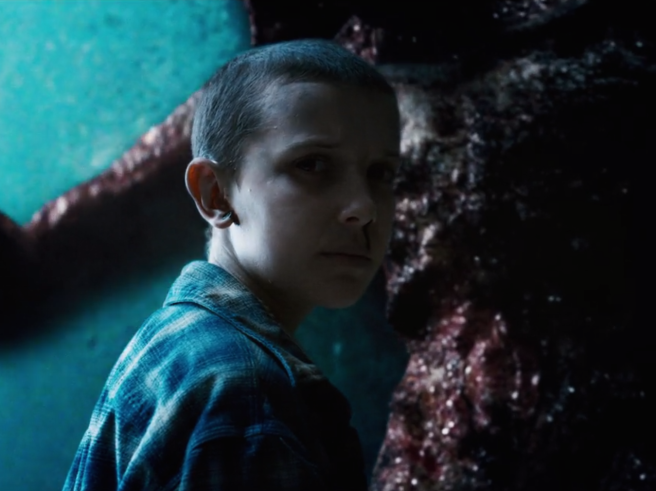
I just got something in my eye. I’m not crying.
Anyway, I find all this such a surprise because of how I usually despise children in most media. Whenever a kid appears in a book or show or movie, I cringe, because at least one of these three issues is bound to come up.
Poorly Acted
I’ll admit, I’m a little more forgiving on this because it’s an issue that’s hard to work around. Acting is tough, and kids naturally don’t have the wider range of emotions and experiences to draw from that adults do. And while, there have been some noteworthy exceptions, like with Stranger Things, it’s generally accepted that when a kid shows up on a screen, you’re just going to have to bear with it.
Unrealistically Written
If we were to go by most fiction, children would be the vessels of all that is pure and innocent in this world, as opposed to the whiny, sneaky, self-entitled brats of reality.
Let’s be real. I think most of us can remember being kids, and innocence didn’t play a large part for very long. By ten, I was already lying and sneaking to play video games when my parents weren’t looking. Yes, I might have still been able to pretend a stick was a sword and play imaginary games in the woods, but I didn’t actually believe it was real.
This is some contrast to kids like Henry Mills from Once Upon a Time, who manages to take a bus ride from Maine to New York City to convince his birth mother that he’s never met that she’s the daughter of Snow White and needs to break a magic curse over his hometown.
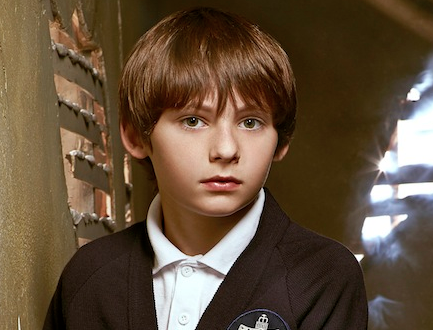 No, really.
No, really.
To the show’s credit, at least the adults act like he’s mentally imbalanced from living with an emotionally abusive adoptive mother and having no friends, but I still find it a stretch that any kid at his age would really believe this. Yes, you can have kids believing in Santa Clause up to this age, but that’s a little easier when most of the world has been telling you it’s the truth for your whole life, as opposed to all of them telling you you’re one bedtime story away from a psychotic break. It’s sort of explained in season 3 that this kind of purity and innocence is due to Henry having the Heart of the Truest Believer, the inability to cope with reality the power to have faith in the most impossible of circumstances.
This power seems to be less an inherent attribute of children and more a special trait of Henry’s, which extends well into his teenage years, where he makes a speech to a whole crowd in the middle of New York City to believe in the magical power of wishing fountains.
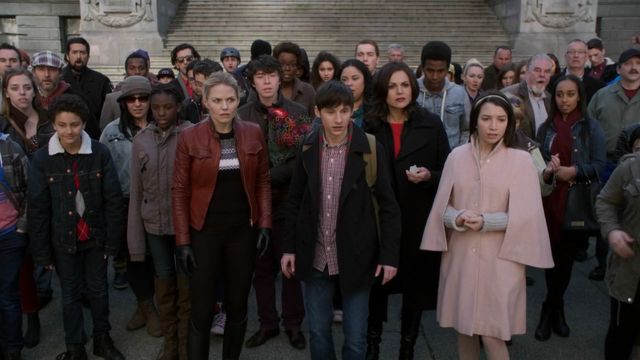
No, really.
But while the innocence and purity of characters like Henry can be overwhelmingly saccharine, some kids take that purity straight into Uncanny Valley territory.
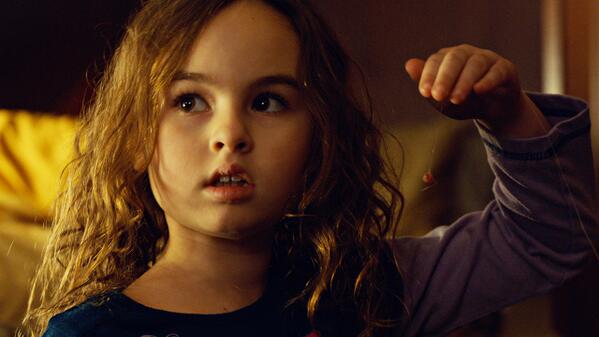
Kira from the otherwise fantastic Orphan Black is able to perceive things that even the adults can’t, never flinches in the face of fear, and even volunteers for a bone marrow transplant at the age of eight, all while maintaining a vacant, unblinking expression on her face. At least you can almost excuse Henry’s innocence for being surrounded by fairy tale characters and the power of love, but in the gritty world of Orphan Black, Kira’s self-sacrificial sainthood is all the more jarring.
Exist Solely as Burdens
Unfortunately, children are rarely allowed to be characters in their own right. They are never allowed to have their own narrative arcs or character development or basic wants and desires. They generally exist for the sole purpose of getting kidnapped or threatened so that the protagonists have someone to save.
There are too many examples of this to count, but I might as well stick with Kira, since her unblinking doe-eyes are probably still boring into your soul. While she does contribute to the plot, or at least her clone DNA does, she herself has no character development or wants or desires. When Kira shows up in the story, it is only ever to need protection or get kidnapped and exploited by people wishing to use her genes or blackmail her family. It’s gotten to the point that whenever she appeared on screen, I was actively preparing myself for someone to burst in and grab her.
It would be remiss of me not to mention a good example of this, however. While Megan Rose from Along Came a Spider fuels the plot with her kidnapping, she is anything but useless, and is actually allowed screen time to plot, outwit, and escape her captives – twice.
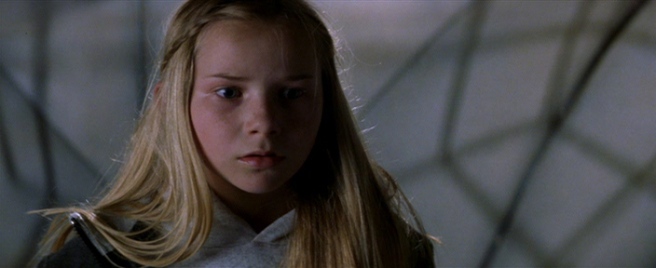
She is awesome.
Cheap, Emotional Gimmicks
This sort of follows from the previous point. The worst part of children in fiction is when they not only ruin their own parts, but the parts of the other characters. It has apparently become common in Hollywood to substitute moving and nuanced character motivation with the cheap, emotional exploitation that is vulnerable children. It’s like writers expect that throwing a child into any character’s story will automatically make us root for them.
Blank character + vulnerable child = instantly sympathetic character
The problem is that if I’m given no reason to care about the child other than the fact that they’re a child, then I’m not going to care about the character whose sole motivation is something I don’t care about.
It’s not that a child can’t be a motivation for a parent or parent-figure character, but writers need to invest the time in developing the child.
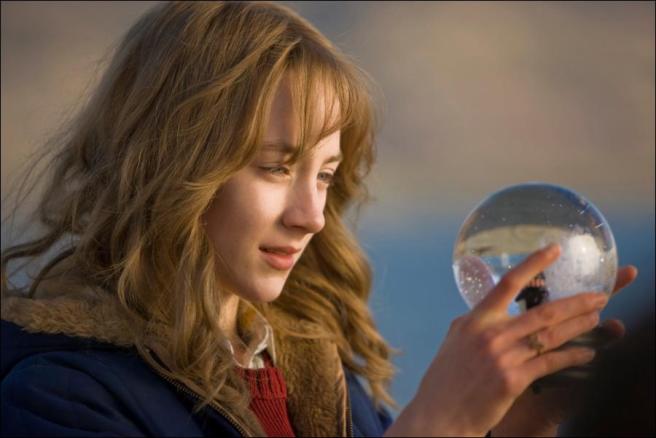
A lot of people seemed to hate on the Lovely Bones, but I found it to be a very compelling story. Part of this is because by the time we get to the grieving of her father and his compulsion to do stupid things to channel that rage and despair, we have gotten to spend time with Susie to care about her in her own right. We care about her father losing Susie because we care about Susie herself.
The truth is that children can be effective characters if they are treated as people, rather than symbols or burdens. We were all children at one point. We all had wants and desires and feelings. If writers can remember that, then there’s hope for more compelling child characters in the future.
So I won’t have to do this when one appears.
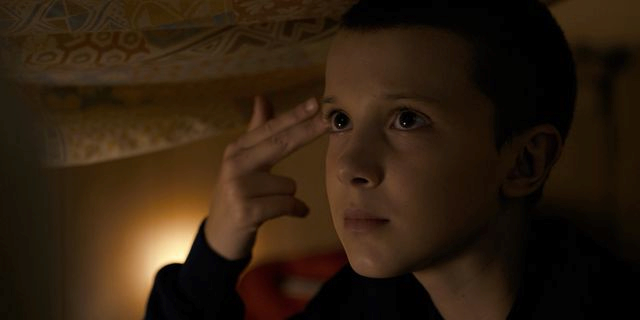

Good points. Though, in Henry’s case, specifically… well, he *was* the only person in the entire town who was aging. At all. That kind of suspends the normal rules, ya know? And he has a book that has pictures of fairy tail characters who look exactly like the townspeople, so, there’s that. It’s a special case.
LikeLike
Thanks for commenting! Those are fair points, especially when there’s plenty of other reasons to abuse Henry’s writing. 😛
LikeLiked by 1 person